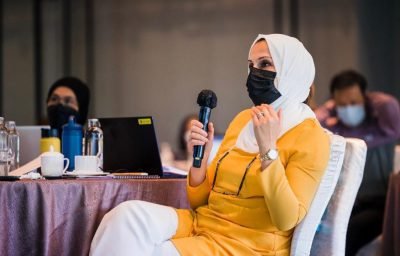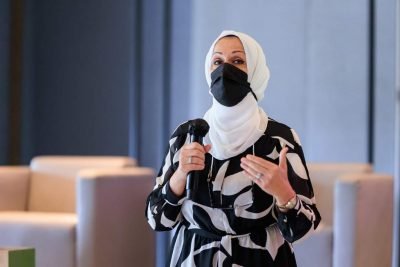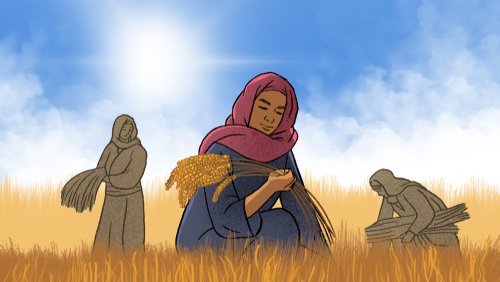Amman (BrusselsMorning) This International Women’s Day, even as we celebrate women’s advances, we must recommit ourselves to making gender equality a reality for all women, everywhere. While I speak from experience when I say I have come a long way, sadly, I cannot speak for the thousands upon thousands of fellow professional women whose careers are stalled because of the various forms of gender-imbalance that still prevail.
My own life and career within the United Nations Relief and Works Agency for Palestine Refugees in the Near East (UNRWA) is a testament to what’s possible. When I joined the Agency in 2003, women rarely held senior positions. By 2011, as I took up the post of Chief of Technical and Vocational Education and Training, I was the most senior Palestinian woman in UNRWA’s Jordan office. By 2017, when I became Chief of the Field Education Program for Jordan, I was the first woman to hold this position since the Agency’s establishment in 1950.

Dr. Oroba Al Musa, UNRWA Chief Field Education Programme in Jordan © 2022 UNRWA Photo
UNRWA was certainly ahead of the curve, but all around the world and far too often, women are still held back from advancing to the same extent as the men in their fields. My career points both to what’s possible and how much remains to be done.
Simply hiring women isn’t enough. Women must be in every room where decisions are discussed and made. We must engage meaningfully, we must be on hiring committees, and we must serve as mentors for men and women alike. We must actively disrupt and dismantle gendered professional networks in every field.

Dr. Oroba Al Musa, UNRWA Chief Field Education Programme in Jordan © 2022 UNRWA Photo
By both inclination and necessity, Palestinian women are already leaders in our communities. Like other UN humanitarian and human development agencies, we see the brunt of conflict is often borne by men in ways that are lethal or remove them from the regular and routine. As a result, women often become the only true anchor in their families and communities. For decades, UNRWA has been committed to advancing the careers of remarkable Palestinian women by promoting women’s professional growth, leadership opportunities, and a work-life balance that recognizes the essential role many women play in their families and communities.

The UNRWA Gender Equality Strategy has enabled us to cultivate a gender-sensitive organizational culture and management and programmatic practices that promote gender equality and address gender-based violence. As a result, we at UNRWA are much more aware of what should and should not be accepted in the workplace. We are more conscious of red lines and more informed about how to address situations that infringe on our rights as professional women.
This International Women’s Day marks the launch of the UNRWA Women’s Advisory Forum, a venue for discussion and engagement between the Agency’s female staff, its senior management, and Commissioner-General Philippe Lazzarini. The Forum aims to empower female staff to raise workplace issues affecting them while also recognizing the key role men must play as allies in these efforts.

I am very proud of the long way I and UNRWA have come to empower women and ensure that we are equal to men in driving programmes and activities that contribute to the right of Palestine refugees to a dignified life. As an Agency whose schools across the region already achieved gender parity in the 1960’s, UNRWA is marking International Women’s Day and indeed every day, as the day when women and men have equal access to career opportunities and progress.




